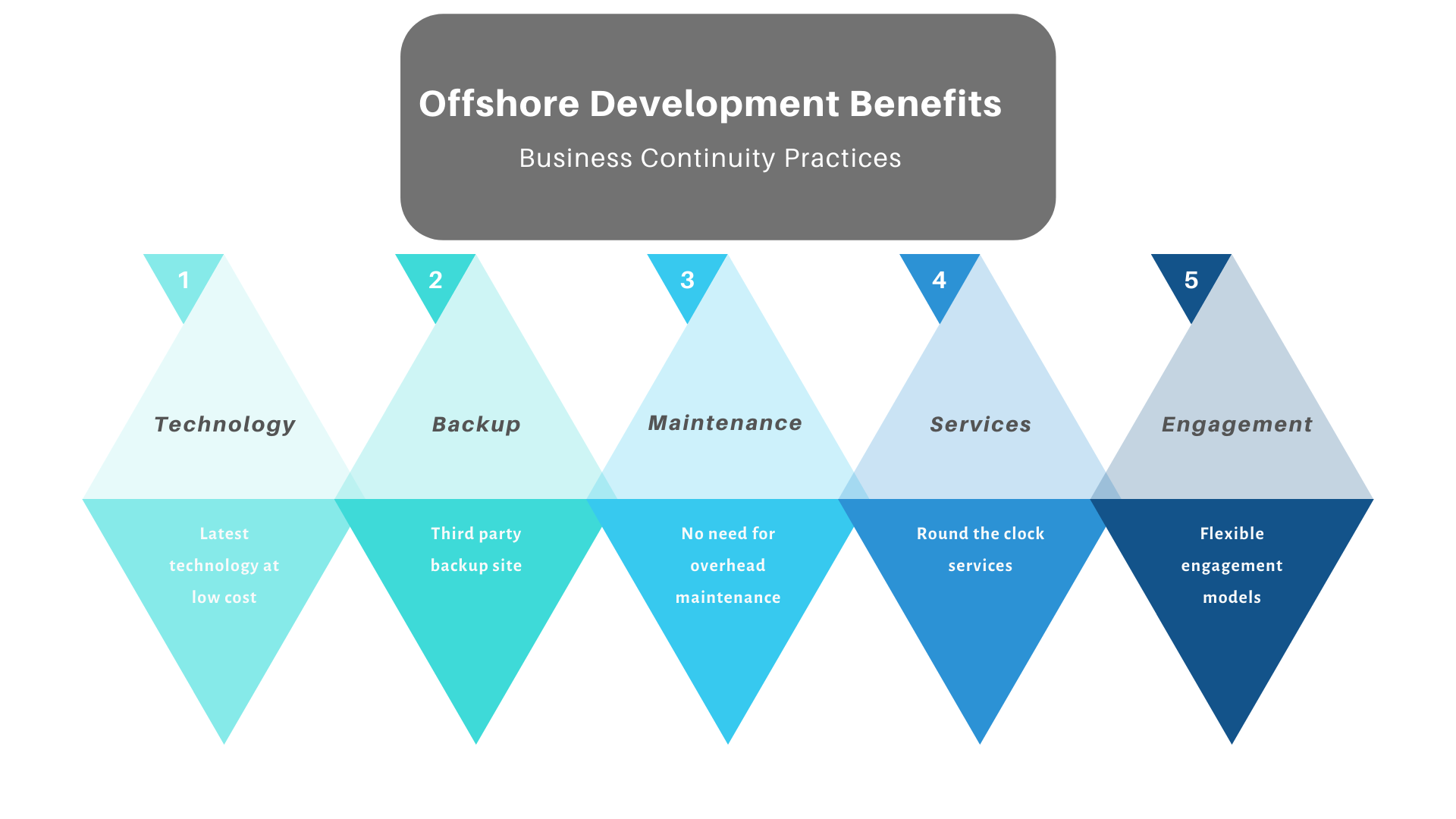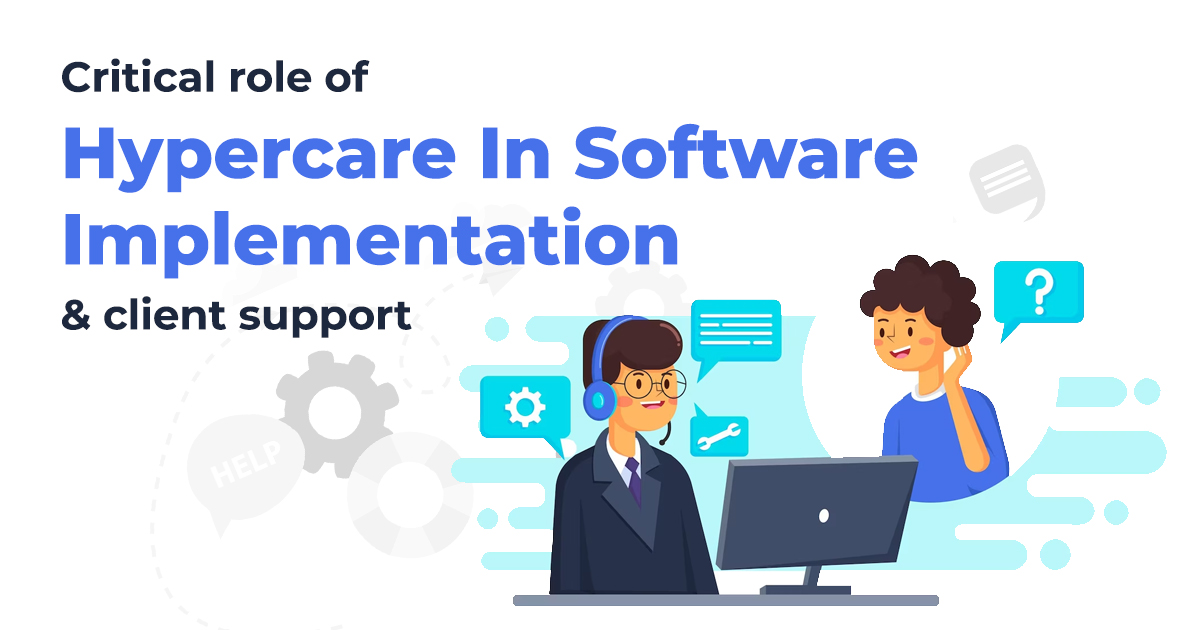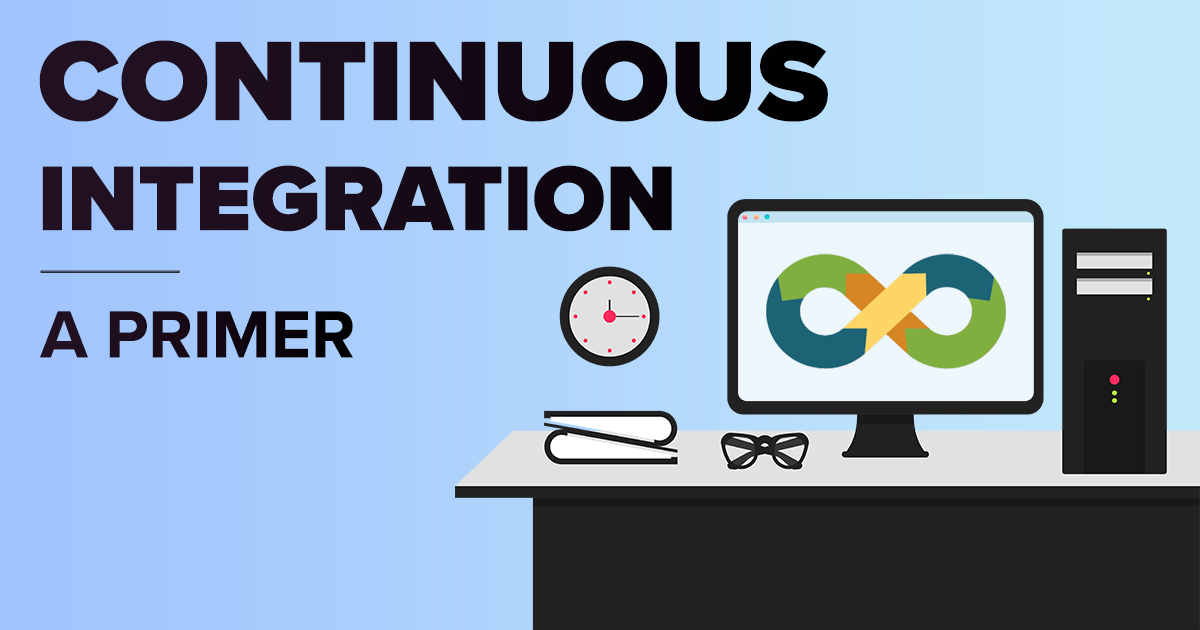Business Continuity Plan: Your Zeus’ Thunderbolt.
March 4, 2020 5:40 am | by Aviral Chitkara | Posted in Tech
In a world where jobs come with a defined set of roles and responsibilities, the job of Business Managers is by far the most unstructured one. They not only have to ensure smooth functioning of the organization but are also required to dedicate a lot of time in planning the future.
A crucial part of this future planning is Business Continuity; a set of documented procedures to be followed in the event of an unforeseen disaster that can disrupt the business operations of the company.
Businesses are not immune to any contingency, whether natural or man-made. Hence, from large multinationals to home-run ventures, all deploy business continuity plans to protect their interests, the degree of which may vary depending on its size.
Disasters threatening business functions are not limited to cyberspace attacks only. These disruptions are often categorized in two broad heads which are as follows:
- Natural: You never know when an earthquake may occur or usual rains turn into a flood; these events drastically affect a company’s IT functions like network failure, data loss, etc.
- Human Influenced: Cyber-attacks, unintentional employee mistakes, malicious attacks from competitors, etc. also hampers the day-to-day working and if not handled, these can lead to business closure.
To protect your organization from losing business, you must implement a well-researched and thoroughly designed continuity plan. It involves three processes which are:
- Business Impact Analysis: It helps managers determine potential ill-effects on the business due to natural or man-made disasters. It also identifies the asset(s) without which the company cannot survive. For example, in case of data loss at the primary site, what is the maximum, acceptable downtime the company can survive?
- Risk Assessment: This step identifies the level of disruption an event can leave on the company and its operations. It helps the company identify its risk appetite and take actions to keep the risk at a bare-minimum level.
- Risk Management: Once various risks and their impact are identified; company must implement different practices that can help manage the risk. Complete elimination of risk is not possible but reducing its impact on the business and its survival can be reduced to a great extent by adopting necessary policies like maintaining multiple backup sites, increasing the frequency of backups, implementing firewalls to protect private data from cyber-attacks, and more.
Why a Business Continuity Plan is crucial for your venture.
Not only for protecting your business, but BCP also safeguards client-related information as well. Your clients expect the organization handling their business to implement policies like disaster recovery plan and business continuity plan to secure their interest which includes, but is not limited to data, trade secrets, technical know-how, etc.
Also, in case a disaster occurs, and your organization does not have such policies, then your clients can take legal action against the organization for not implementing adequate actions to protect their information.
 Offshore development centers are there for your help.
Offshore development centers are there for your help.
Organizations, especially of mid and small level find it difficult to design and deploy technically sound BCP owing to lack of resources. Whereas big level conglomerates are already head-deep in existing operations to spare assets for this task. The solution? IT outsourcing companies or offshore development centers offering backup support and maintenance services. Here are a few reasons why you should trust them with your business continuity efforts.
- Latest technology at low cost: Most of the offshore IT centers are situated in developing countries and it offers a huge cost advantage for organizations situated in developed countries where the cost of hiring resources is too high. Also, the organizations benefit from international talent without any compromise in the service quality.
- Third-party backup site: Your data and every piece of company information is backed up at a different country altogether. If any natural mishap happens at your place or in the country, your information is still secure and readily available.
- No need for overhead maintenance: Designing business continuity plans in-house is not an easy task; companies must rely on external resources like insurance support, hiring field experts, etc before kick-starting the planning phase from the scratch. Outsourcing lets you transfer these tasks to another company leaving you free to focus on core working.
- Round the clock services: The perk of engaging with an offshore IT consultant is service availability that overlaps with the client’s time zone. However, not every external consultant provides this benefit, hence do check the agreement before hiring their expertise.
- Flexible engagement models: Ease of choosing the level of engagement is a huge benefit while employing external consultants. You can either pick from traditional modes of engagement like technical only, low-level, high-level or customize your own pack of solutions.
The list mentioned above is not exhaustive, benefits to enterprises vary from one to another depending upon their need and size of operations. Having said that, it is necessary for each venture (offline or online) to design and implement a continuity plan to safeguard their future from unforeseen circumstances.
Written by Aviral Chitkara
Senior Business Operations Manager
Aviral is the Senior Business Operations Manager at Sarvika Technologies. His research skills are unquestionable, and so is his ability to provide constant motivation to the team. An engineer turned business expansion enthusiast, Aviral is a knowledge bank when it comes to politics. Whatever the confusion or problem, he is always the one with answers.




